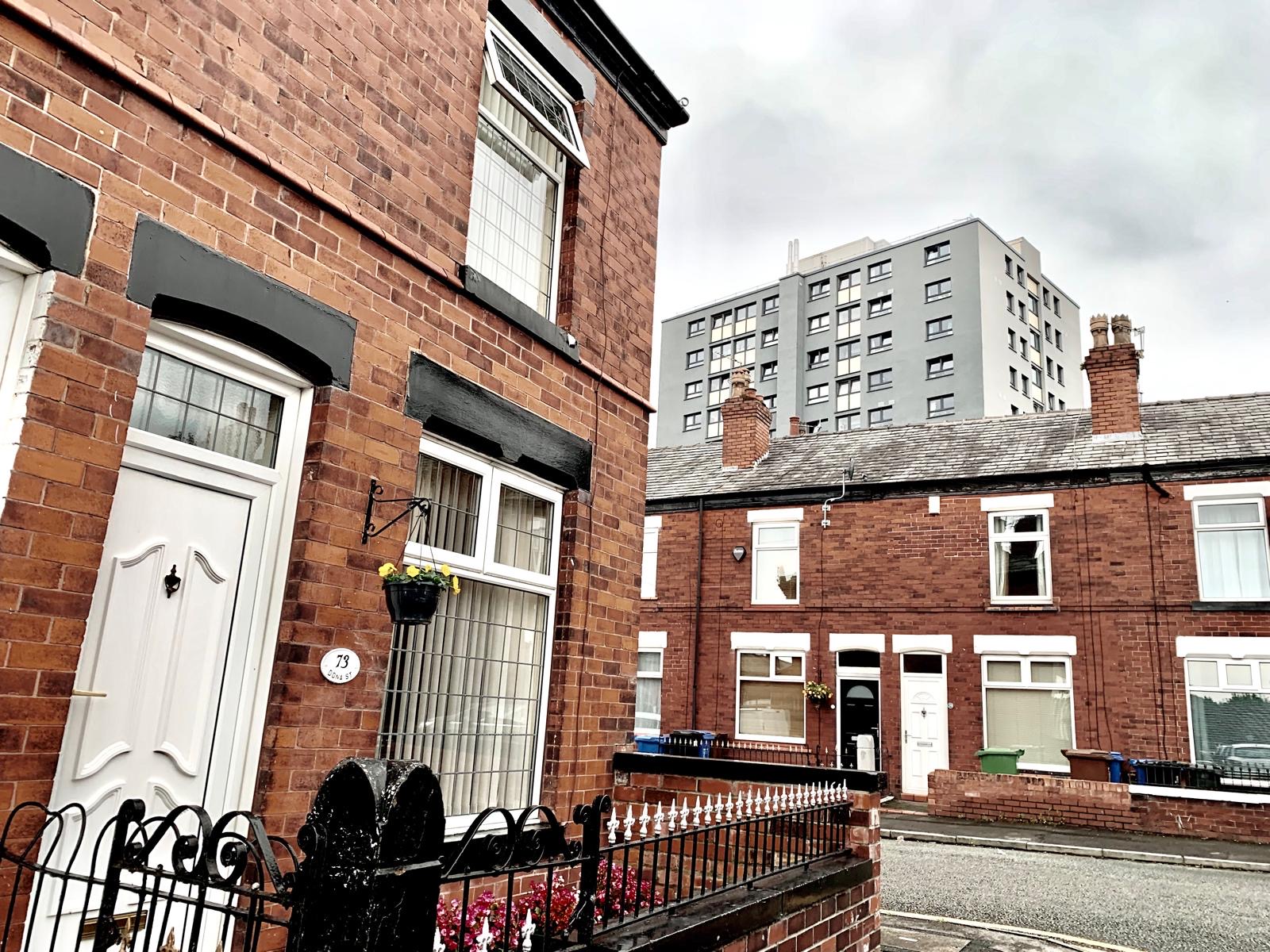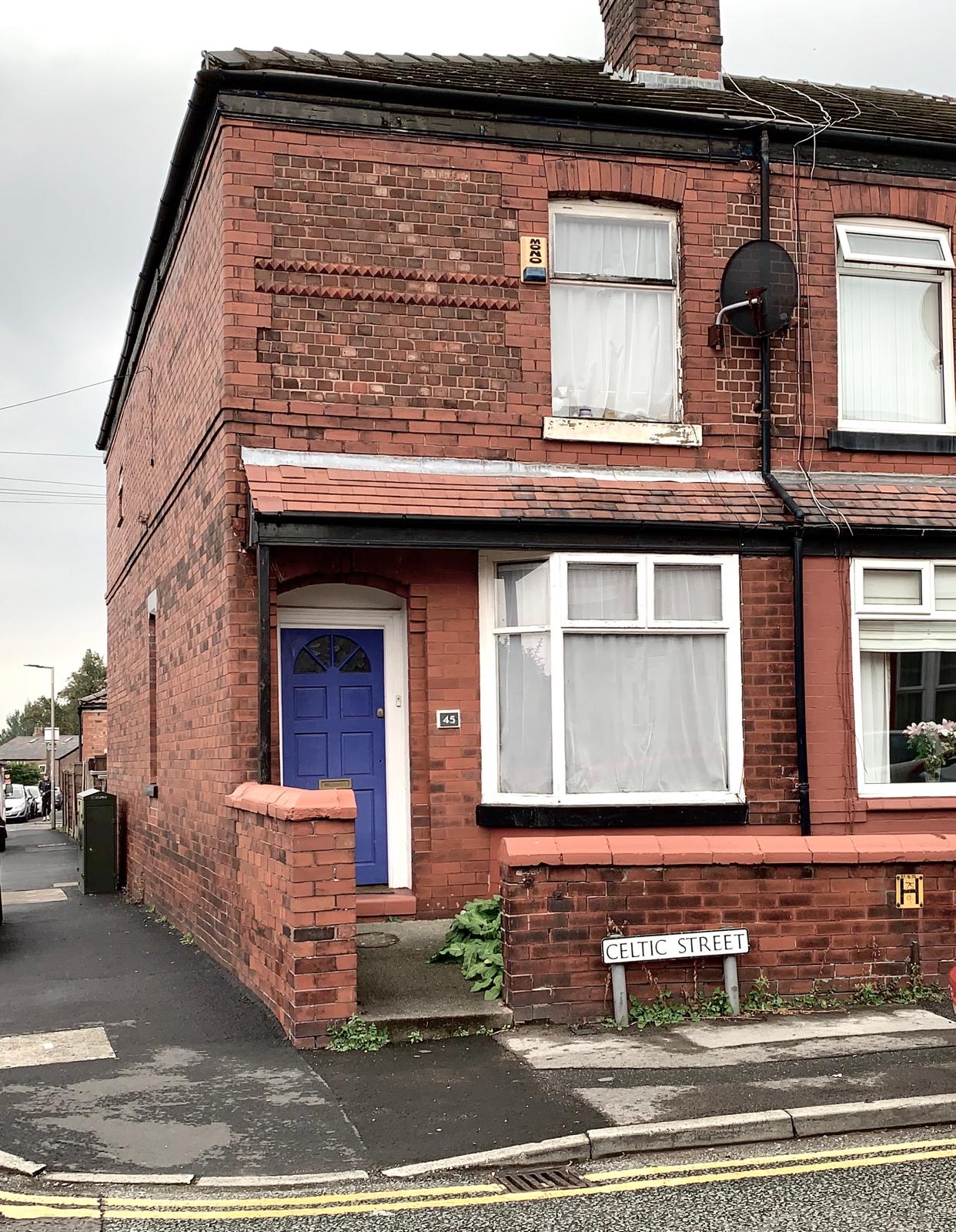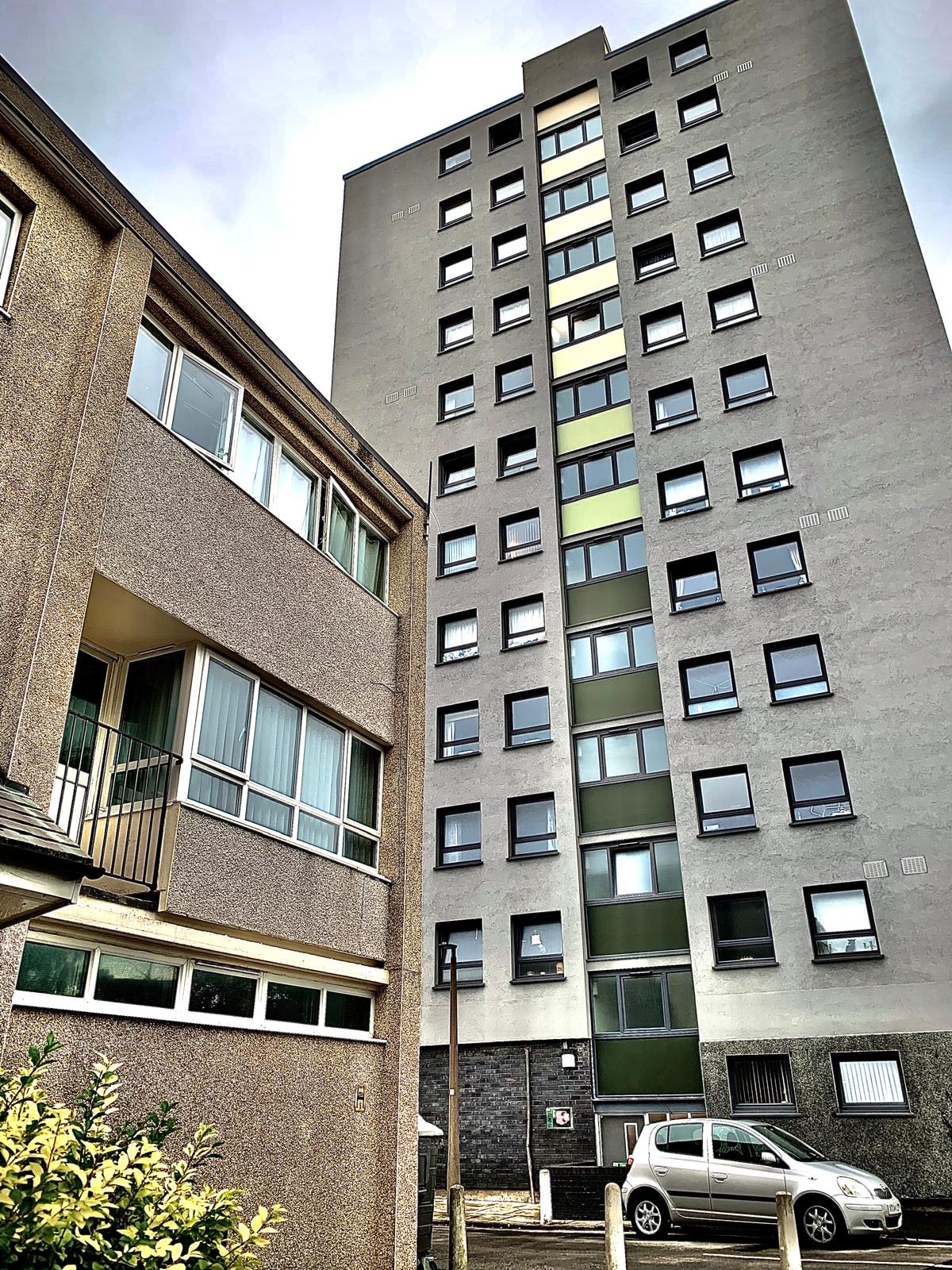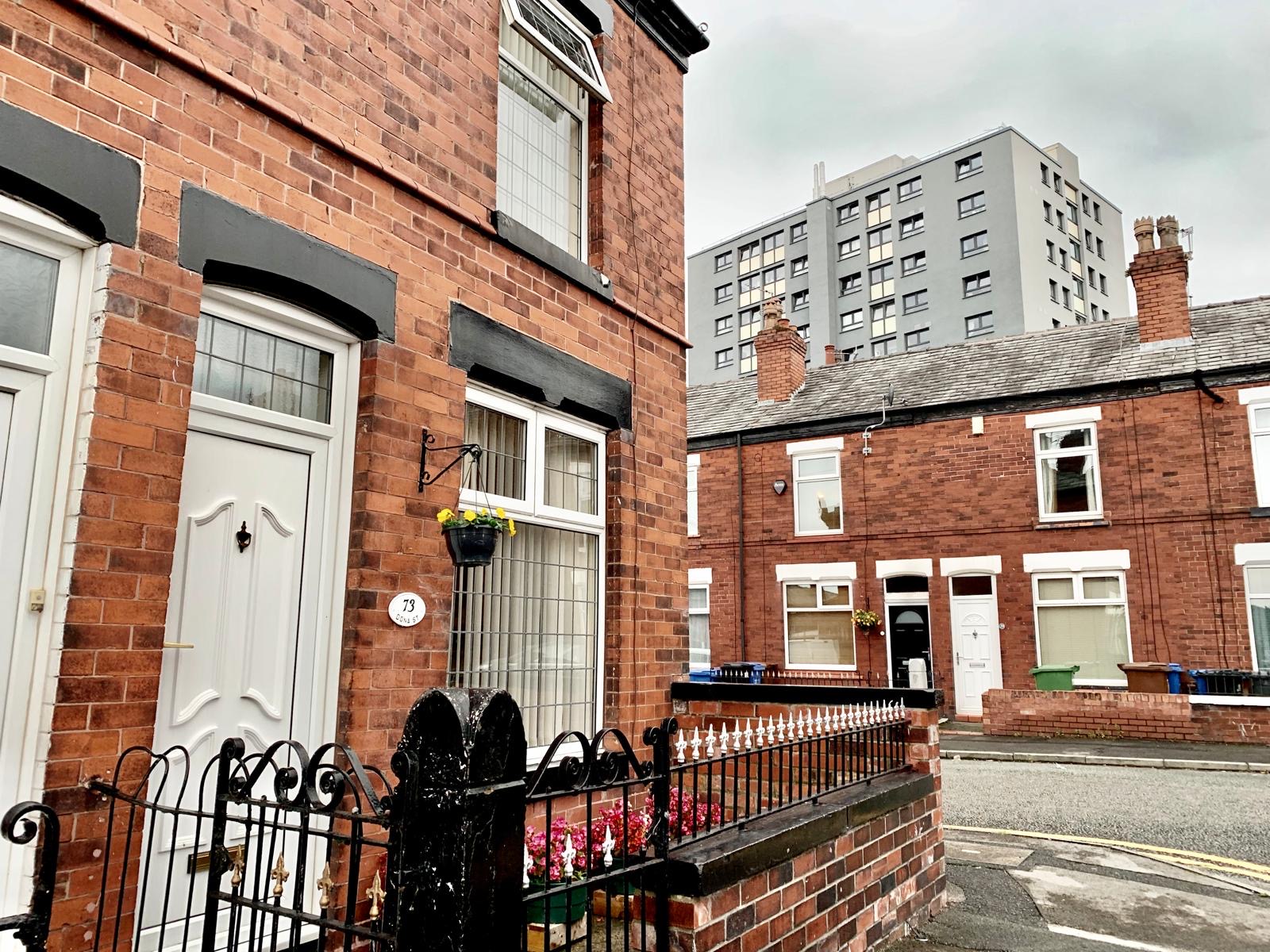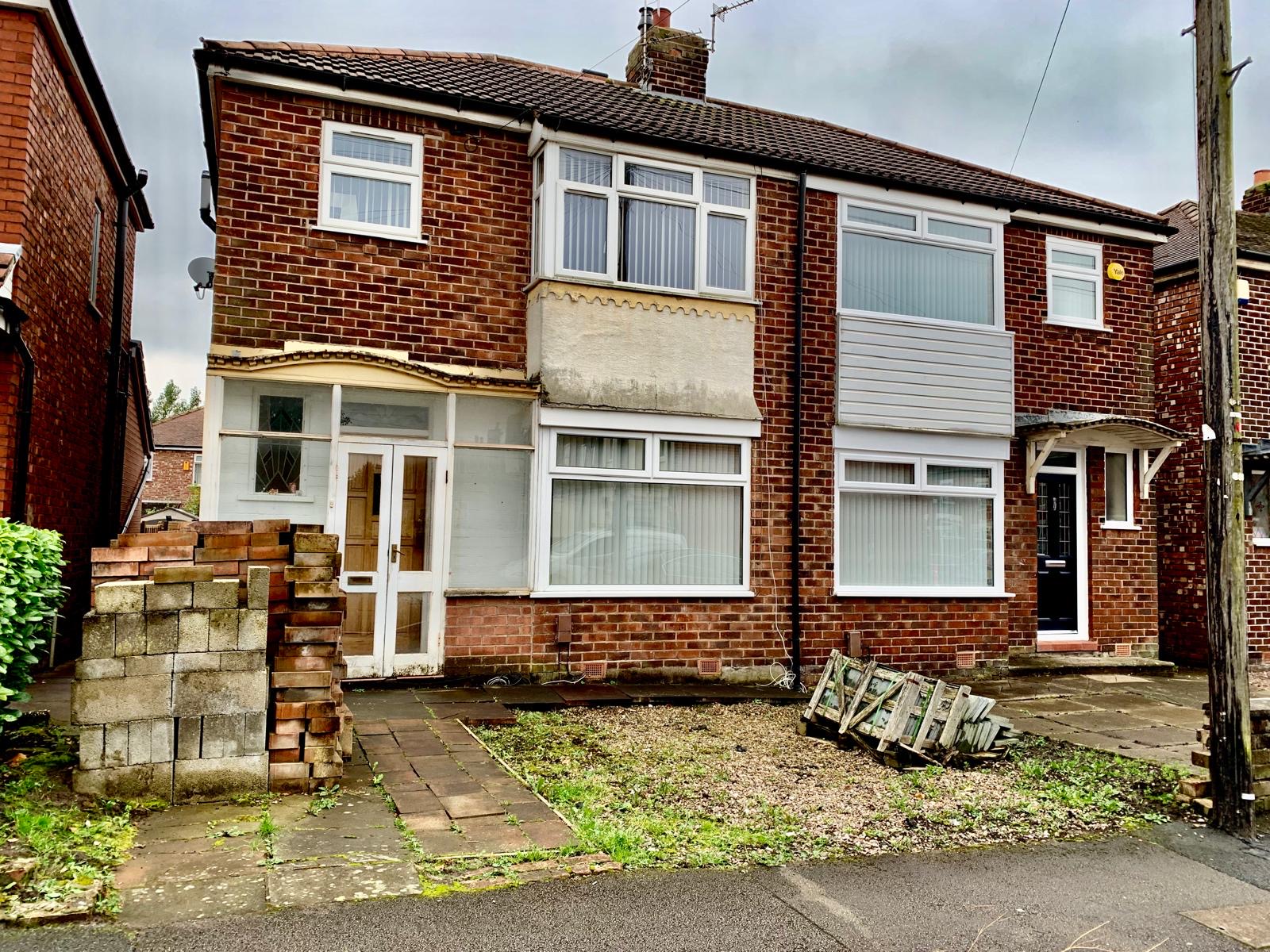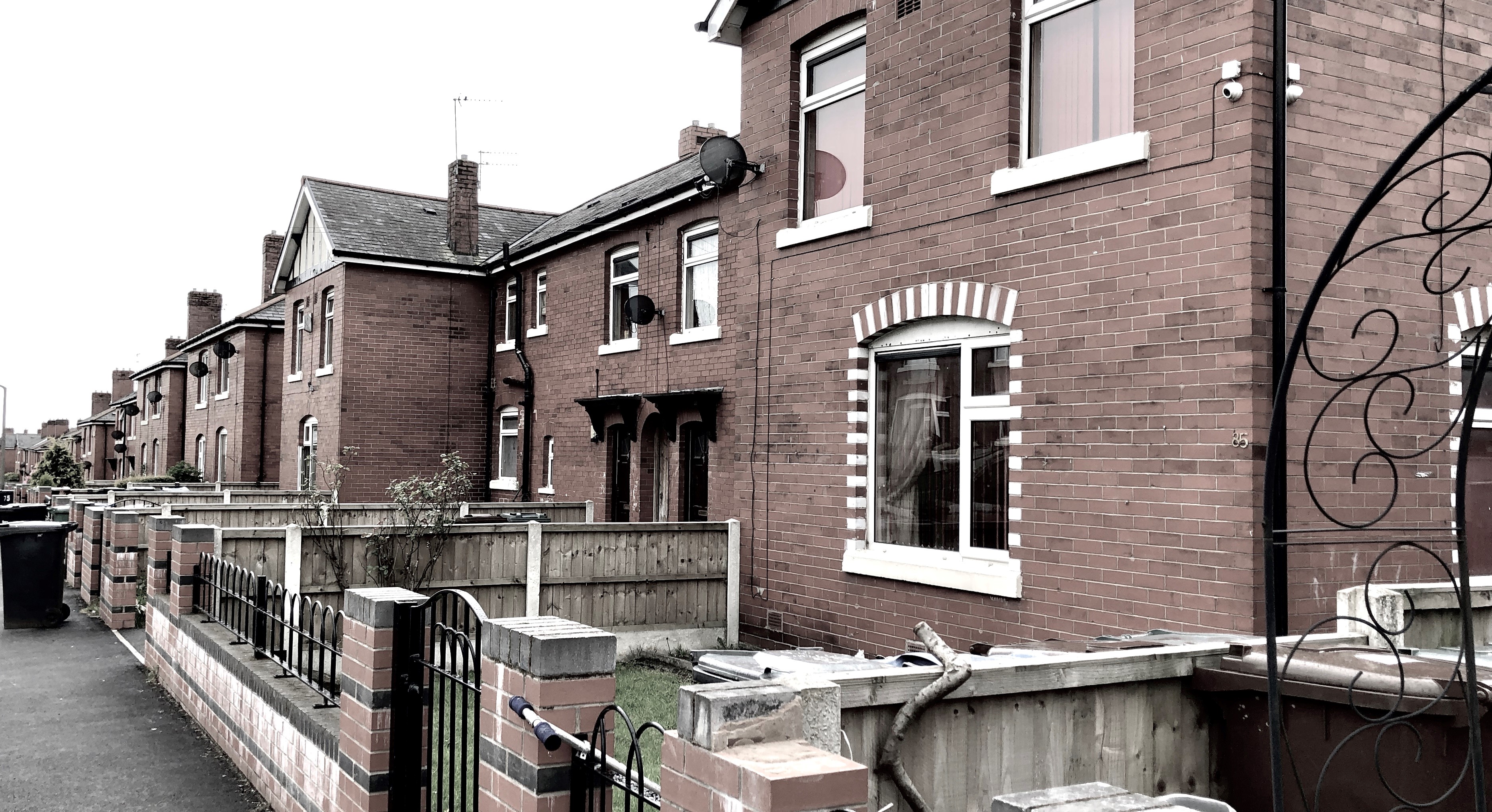Attention private tenants
Under the Tenancy Deposit Scheme you can claim compensation if your landlord has not complied with legal obligations relating to deposits.
If within the last 6 years you have paid a rent deposit to your landlord you may be entitled to £1000’s in compensation if your landlord did not…
- Pay your tenancy deposit into one of the 3 government backed tenancy deposit schemes within 30 days of receiving the deposit
- Provide you with the relevant information about the deposit scheme used within 30 days of receiving the deposit
If your landlord has failed to comply with legal obligations we can claim compensation of up to 3 times the amount of the deposit paid!
Contact us now to discuss how our qualified solicitors will claim compensation from your landlord on your behalf at no cost to you with our completely No Win No Fee service with no financial risk to you.

Government-approved Schemes
Only government-approved schemes can be used by your landlord to protect your deposit.
If you began or renewed your tenancy in the last 6 years and your deposit was not protected with one of these schemes, you are eligible to make a claim.
Am I Eligible to Make a Tenancy Deposit Claim?
When signing an assured shorthold tenancy agreement, your landlord will ask for a deposit, which cannot exceed 5 weeks’ rent. Your landlord has 30 days to protect the deposit with one of the approved schemes, after which they must inform you of where the deposit is being held and provide a reference number. This ensures your deposit is secure throughout your tenancy and protects you from unfair deductions.
Your landlord may only access your deposit and make deductions in certain situations, and they must inform you in advance, providing evidence that the deduction is reasonable. If your landlord fails to do this, you can file a claim, even if your tenancy has ended.
You can claim if:
- You believe or know your deposit was not protected
- You were never informed about the protection scheme
- Your deposit was not protected within 30 days
- Your deposit has not been returned after your tenancy ended
Here’s why tenants trust us
£3.2m+
Recovered for clients
2,600+
Successful cases since 2020
360+
Landlords held accountable
Over 2,600 claims won

FAQ’s


sra badge
Content ‘images’ are used for illustrative purposes only and any person depicted in the Content is a model.
GLP Solicitors are authorised and regulated by the Solicitors Regulation Authority.
SRA Number: 307015
Copyright GLP Solicitors, All rights reserved.


